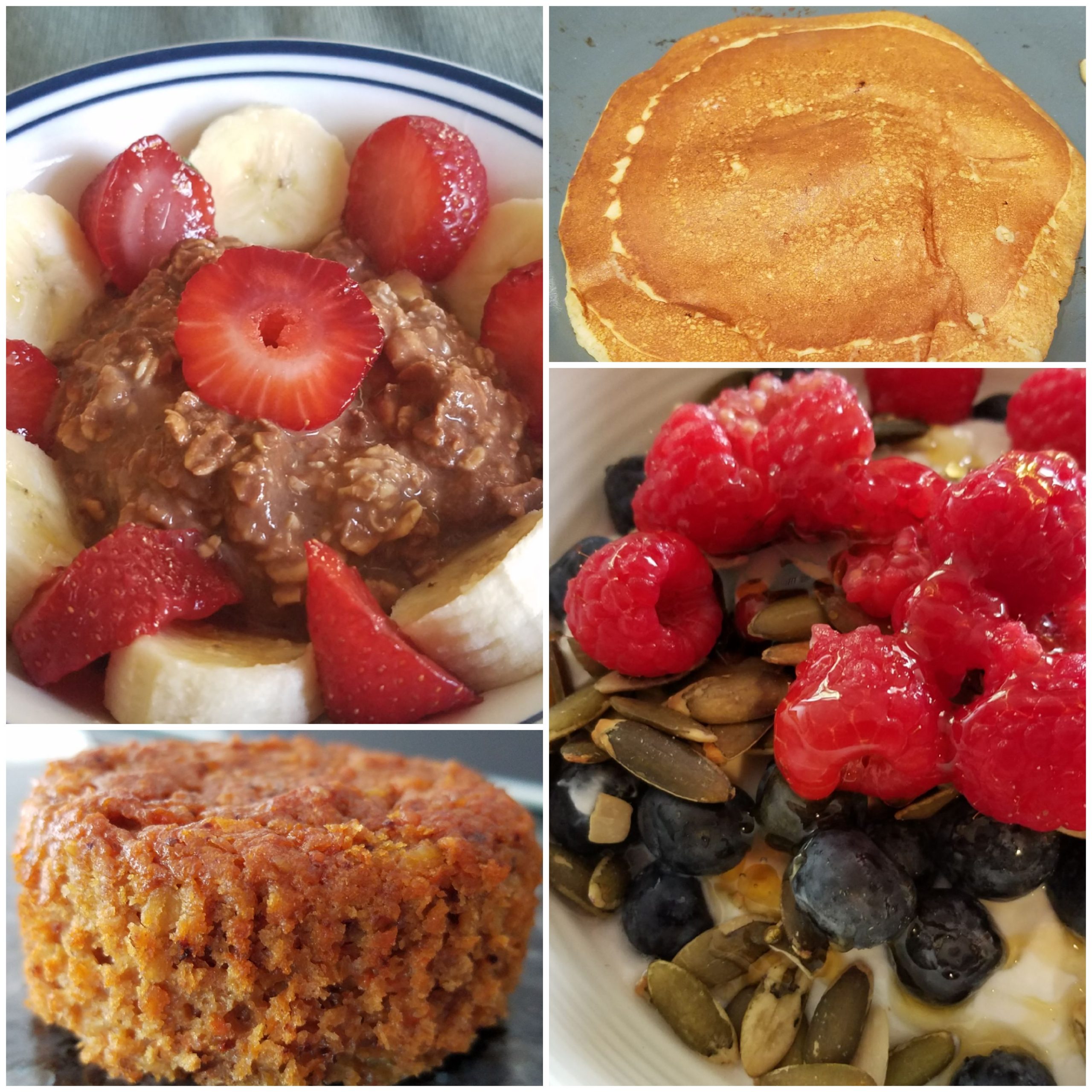In order to regain or maintain your physical health and balance give yourself the following “dietary gifts”. They are rich in antioxidants, heart healthy energy and contribute to weight control.
- Almonds, walnuts, pistachios
How “nuts” are you? I hope quite a bit! Nuts are a good source of plant based protein and healthy mono and poly-unsaturated fatty acids. Among their numerous health benefits, are their positive effect on blood lipids and cholesterol and that they make you feel full! Although they are energy dense (with about 600 kcal/ 100gr), consuming a handful of nuts (30gr-40gr) has been found to contribute to attenuating blood glucose levels after a meal and to control hunger when eaten as a snack.
A randomized controlled study published in 2015 in the Journal of American Heart Association showed that a regular consumption of almonds as a snack, compared to an isocaloric high carbohydrate alternative, resulted in a decrease in abdominal fat and in blood cholesterol levels. In other words they consumed the same calories as a snack but the almonds resulted in less belly fat! Once again…not all calories are the same, choose wisely.
- TIP: Include nuts in your daily diet. One portion corresponds to 20-25 almonds or 15 walnut halves or 50 pistachios. If you have high blood pressure remember to choose the unsalted version.
- Dark green vegetables. Spinach, arugula, Kale, parsley, broccoli and others.
These are nutrition paradise! They are a concentrated source of antioxidant stress-fighting nutrients, protecting against aging, heart disease, different forms of cancer, hypertension etc.
If you need further convincing, they are rich in the powerful antioxidant vitamins A (carotenoids), E (tocopherols) and C. In addition they are a good source of folic acid (e.g. spinach) which aids in protein metabolism and DNA synthesis; of the anticoagulant Vitamin K; of Calcium essential for strong bones and muscle function, along with Magnesium and finally iron necessary for the prevention of certain forms of anaemia.
One small bowl of fresh spinach, containing only 20 calories cover 35% of our daily Vitamin C requirements, provide over 100% of our Vitamin A , 15% of iron and enhances our body with potassium, fibre and all the nutrients already mentioned.
- TIP: Include dark green vegetables daily in your diet, the more the better. Make a shopping list of a variety of them that you would like to eat during the week is important, once you have them available you will eat them. Consuming them raw provides the maximum amount of nutrients, alternatively you can steam or stir fry them with some extra virgin olive oil. Adding some lemon or orange (Vit C)enhances iron absorption.
- Legumes/ Pulses
Legumes are the best source of fibre and vegetable protein, whilst being also low in fat. They are a good source of low glycemic index carbohydrate, providing long lasting energy to get through the day feeling full and content. They are an important food of the heart healthy Mediterranean diet and their regular consumption has been associated with decreasing cholesterol, attributed to their high soluble fibre content. It has been suggested that they aid in weight control.
A review of 21 studies on legumes and weight control, published in the American Journal of Clinical Nutrition in 2016, concluded that isocaloric and hypocaloric diets containing legumes lead to greater weight and fat loss compared to diets that did not.
- TIP: Try to include them in your diet as often as possible, in soups, in salads or as a side dish. Aim for at least twice weekly. It is also essential that you teach your children to eat them too, by being a good role model.
- Green Tea
Green tea is a good source of catechins, which are antioxidant polyphenols. They protect the body from free radicals and reactive oxygen species that are known to attack DNA, blood vessels, as well as cause aging. The concentration of your cup of green tea in these catechins depends largely on the temperature of the water and the time of infusion of the leaves. One cup of green tea, 250 ml, generally contains 50-100mg catechins and 30-40mg caffeine (a small quantity compared to coffee).
Numerous studies have shown that green tea consumption is associated with a small increase in thermogenesis, in other words how much energy we burn during the day and oxidation of fat, aiding in weight control.
- TIP: Drink 1-2 cups of green tea per day. You can try cooling it and adding lemon and herbs eg spearmint. For the maximum extraction of the antioxidants contained in the leaves infused them in the water for 5-10 minutes, at a water temperature of 80-100 degrees. Finally, it has been shown that after one hour you can use the same leaves again with only a small loss in antioxidant power.
5. Water
For obvious reasons, it is the source of life. According to the Institute of Medicine men need approximately 3.7 liters per day and women 2.7 liters, which include the water ingested through food and daily drinks. Of course it has to be adapted to activity level, body size, environmental temperature. Don’t wait to feel thirsty to drink water, in order for thirst to come in, you are already dehydrated!
- TIP: Drink 8-12 cups daily (women/men), don’t wait to be thirsty. Aim for lightly colored or clear urine as a sign of good hydration. Dehydration is known to cause tiredness, loss of concentration, dizziness, confusion, so better stay hydrated for the New Year!
Let these five diet- gifts be a start. Stay strong and remember taking care of yourself starts from you.


